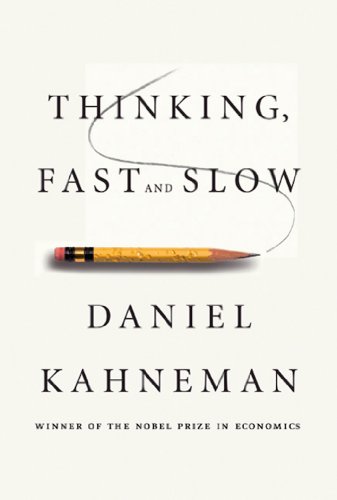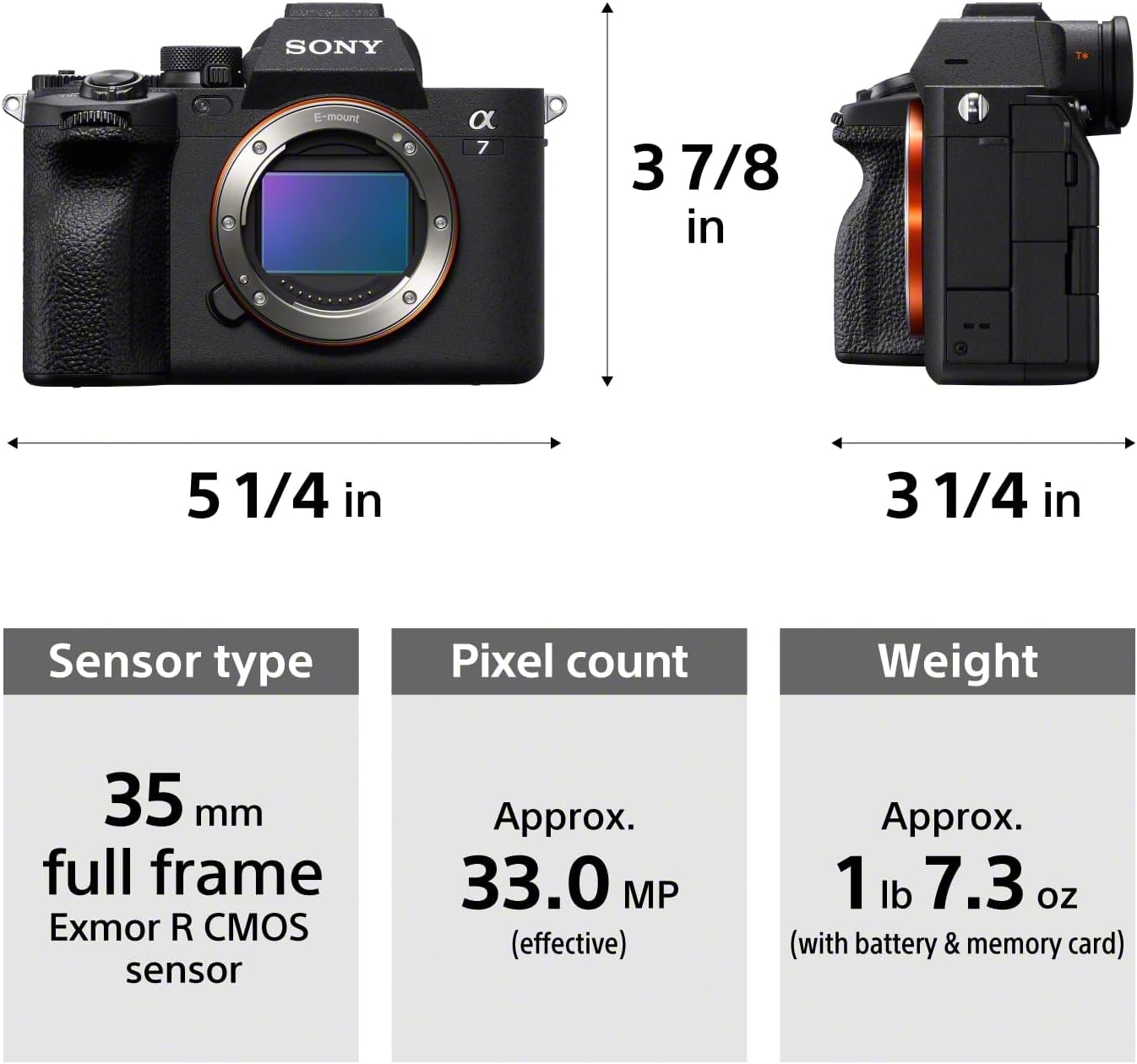
We like to think ourselves rational creatures, far removed from the impulsiveness of animals. That's a very flawed perception. We are DEEPLY impulsive and still more akin to chimps than the mostly rational superior mammals we think ourselves to be. A shocking number of rooted believes are solely based on what our friends or parents believe, we react very differently to and think very different of people based on their aesthetic looks and perceived status, we make a myriad of decisions and judgements from deceveingly elusive base impulses, and the more limited the cognitive capabilities the more this applies – which is quite ominous considering the average cognitive capability of the population.
In a world were differing opinions are magnified and increasinly at louder and fiercer wars with each other, echo-chambered into ever bigger amplitudes, Thinking Fast & Thinkin Slow is one of those books that should be given to every child or teenager as soon as they can comprehend it.
Major New York Times bestseller
Winner of the National Academy of Sciences Best Book Award in 2012
Selected by the New York Times Book Review as one of the ten best books of 2011
A Globe and Mail Best Books of the Year 2011 Title
One of The Economist's 2011 Books of the Year
One of The Wall Street Journal's Best Nonfiction Books of the Year 2011
2013 Presidential Medal of Freedom Recipient
Kahneman's work with Amos Tversky is the subject of Michael Lewis's The Undoing Project: A Friendship That Changed Our Minds
In his mega bestseller, Thinking, Fast and Slow, Daniel Kahneman, the renowned psychologist and winner of the Nobel Prize in Economics, takes us on a groundbreaking tour of the mind and explains the two systems that drive the way we think.
System 1 is fast, intuitive, and emotional; System 2 is slower, more deliberative, and more logical. The impact of overconfidence on corporate strategies, the difficulties of predicting what will make us happy in the future, the profound effect of cognitive biases on everything from playing the stock market to planning our next vacation—each of these can be understood only by knowing how the two systems shape our judgments and decisions.
Engaging the reader in a lively conversation about how we think, Kahneman reveals where we can and cannot trust our intuitions and how we can tap into the benefits of slow thinking. He offers practical and enlightening insights into how choices are made in both our business and our personal lives—and how we can use different techniques to guard against the mental glitches that often get us into trouble. Winner of the National Academy of Sciences Best Book Award and the Los Angeles Times Book Prize and selected by The New York Times Book Review as one of the ten best books of 2011, Thinking, Fast and Slow is destined to be a classic.
No referrals for this listing
Thinking Fast, Thinking Slow
Are you sure you want to delete this listing?
All related data including comments will be permanently deleted.
Yes, please delete














